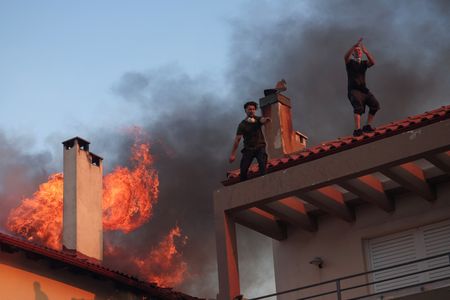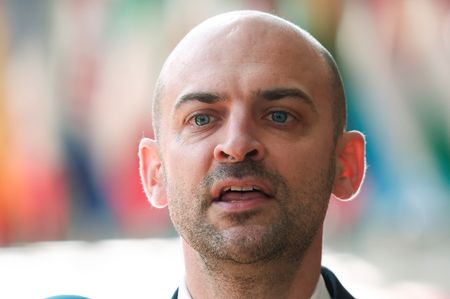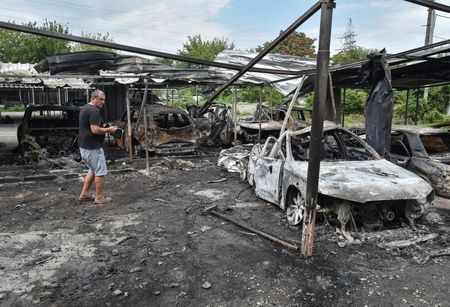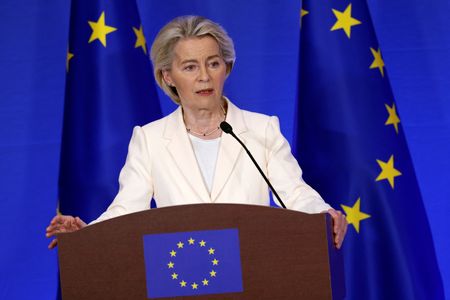MADRID (Reuters) – Spanish ministers agreed on Tuesday to cut the legal working week to 37.5 hours with no change in salary, forging ahead with one of the coalition government’s flagship measures despite opposition from employers’ associations.
During its weekly meeting, the cabinet approved the reduction, from 40 hours currently, in an executive decree penned by Labour Minister Yolanda Diaz, who leads the hard-left party Sumar.
“This proposal is about living better, working less and being much more productive and more efficient economically,” Diaz told reporters.
The measure still needs to be approved in parliament, where the centre-left government led by Socialist Prime Minister Pedro Sanchez lacks a clear majority and depends on balancing the demands of several smaller parties to pass legislation.
Diaz, who is also deputy prime minister, made the plan to reduce working hours by the end of 2025 central to her party’s support for Sanchez’s premiership.
But the centre-right Catalan separatist party Junts has already signalled resistance to the proposal, while the main lobby for employers, CEOE, has said it would raise Spanish firms’ costs and make them less competitive.
After months of talks between Diaz and unions and employers’ representatives, negotiations with CEOE broke down in November after it insisted the shorter week should not be imposed by law but through collective bargaining to suit each company’s needs.
“The corporate world is in favour of dialogue, but not in favour of monologue,” CEOE chief Antonio Garamendi said on Tuesday.
Diaz has also clashed with Economy Minister Carlos Cuerpo, whom she accused of “siding with employers” after he proposed delaying the change by a year to give small businesses time to adapt.
Spain’s central bank and former economy minister have both warned that higher labour costs could fuel inflation and curb job creation.
After the cabinet decision, Cuerpo said companies could resist the change given Spain’s strong economic growth, declining inflation and an unemployment rate at a 16-year low.
(Reporting by Inti Landauro; Editing by David Latona, Kirsten Donovan)









